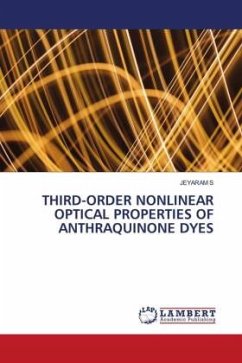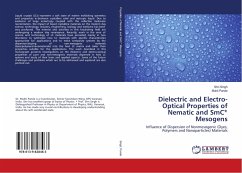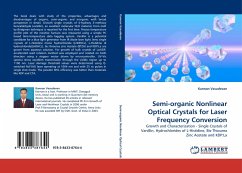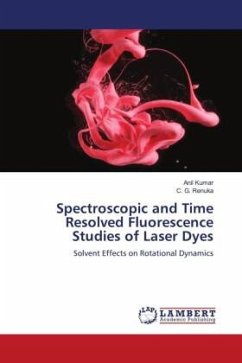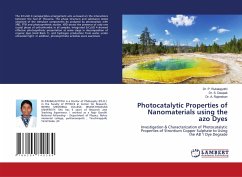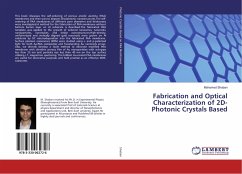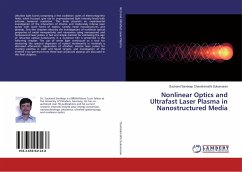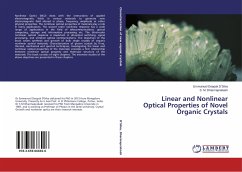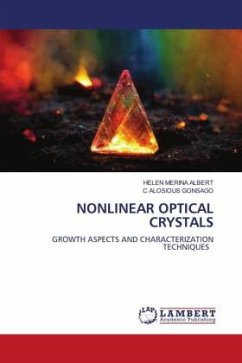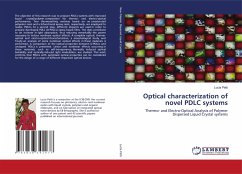
Optical characterization of novel PDLC systems
Thermo- and Electro-Optical Analysis of Polymer Dispersed Liquid Crystal systems
Versandkostenfrei!
Versandfertig in 6-10 Tagen
39,99 €
inkl. MwSt.

PAYBACK Punkte
20 °P sammeln!
The objective of this research was to prepare PDLCs systems with improved liquid crystal/polymer composition for thermo- and electro-optical performance. Two thermosetting matrices based on an unsaturated polyester resin and a bifunctional epoxy resin, respectively, are employed to realise PDLCs. At a second step, different dopants are used in order to prepare dye-doped PDLC (D-PDLCs) epoxy based films. The dyes contribute to an increase in light absorption, thus reducing remarkably the power necessary to induce nonlinear optical effects. A complete optical, thermo-optical and electro-optical ...
The objective of this research was to prepare PDLCs systems with improved liquid crystal/polymer composition for thermo- and electro-optical performance. Two thermosetting matrices based on an unsaturated polyester resin and a bifunctional epoxy resin, respectively, are employed to realise PDLCs. At a second step, different dopants are used in order to prepare dye-doped PDLC (D-PDLCs) epoxy based films. The dyes contribute to an increase in light absorption, thus reducing remarkably the power necessary to induce nonlinear optical effects. A complete optical, thermo-optical and electro-optical characterisation, a morphological study, and finally an analysis of some nonlinear optical effects in these materials is performed. A comparison of the optical properties between D-PDLCs and undoped PDLCs is presented. Linear and nonlinear effects occurring in these materials, such as self-transparency, thermally induced optical bistability and optically induced light modulation, are studied. This work confirms that PDLCs with optimised optical properties can be considered for the design of a range of different important optical devices.





